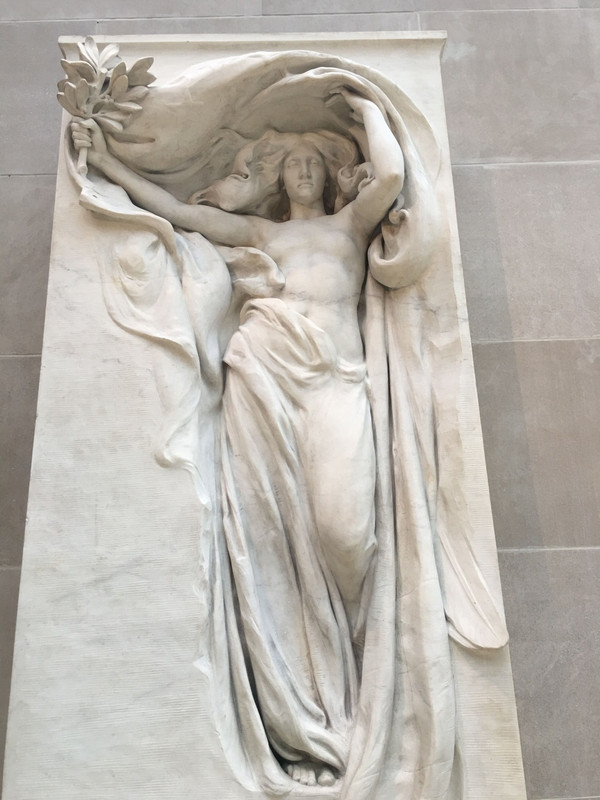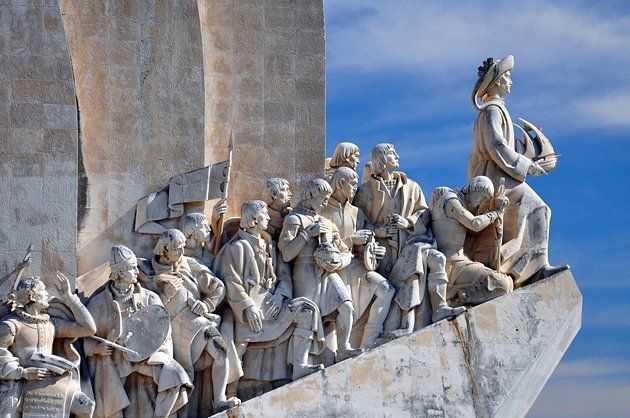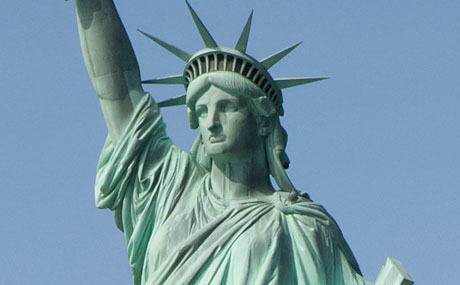On October 11, 2011, in an Apostolic Letter entitled Porta Fidei (The Door of Faith), Pope Benedict XVI declared a Year of Faith from October 2012 via November 2013 to comemmorate the fiftieth anniversary of the opening of the Second Vatican Council. This Holy Year, based on Benedict, “is a summons to an genuine and renewed conversion to the Lord, the one Savior of the world.”
“A Profound Disaster of Faith”
Why did Benedict XVI declare this Year of Faith? In his message to younger individuals gathered for World Youth Day in Madrid, Spain, in August 2011, he noticed: “At this time we’re seeing a sure ‘eclipse of God’ going down, a form of amnesia which, albeit not an outright rejection of Christianity, is nonetheless a denial of the treasure of our religion, a denial that might result in the loss of our deepest identification.”
Benedict was conscious that, beneath the growing affect of a radically secularist ideology, Europe and the West at present are regularly dropping contact with their Christian identification and heritage, permitting God to fade into the background and develop into extra and extra irrelevant to social and political life. This insidious “amnesia” not solely threatens to finally reduce fashionable Western civilization utterly off from its Christian roots-with disastrous penalties for the complete civilized world-but has additionally begun to subtly infect the minds and hearts of particular person Christian believers, weakening their religion and main them away from Christ.
What higher means to reply to this “‘eclipse of God'” and fight this “amnesia,” this “denial of the treasure of our religion,” than to summon the entire Church “to an genuine and renewed conversion” to her Lord Jesus Christ, “the pioneer and perfecter of our religion” (Heb. 12:2) and “the one Savior of the world”? In different phrases, the Year of Faith is supposed to revitalize and reform the Church in order that it might probably extra successfully perform its mission of proclaiming Christ to the entire world.
The Holy Spirit clearly impressed our earlier Vicar of Christ to proclaim this Year of Faith so as to reply to the wants of the Church and the world at this explicit second in human historical past. Benedict noticed in Porta Fidei that whereas in the previous the important significance of religion in shaping human society and tradition was taken as a right, at present that is not the case. Radical secularism more and more confronts non secular believers with the unusual concept that religion is an solely personal and particular person matter that should not be allowed to form or affect public life in any means. This notion contradicts the intrinsic nature of genuine Christian religion, which have to be publicly professed and shared with others. “A Christian might by no means suppose of perception as a non-public act,” maintained the Holy Father, echoing comparable phrases of Pope John Paul II. “Faith is selecting to face with the Lord in order to dwell with him… Faith, exactly as a result of it’s a free act, additionally calls for social duty for what one believes.” In mild of “a profound disaster of religion” that has gripped modern human society and tradition, Benedict identified “the must rediscover the journey of religion in order to shed ever clearer mild on the pleasure and renewed enthusiasm of the encounter with Christ.”
The Journey of Faith-An Encounter with Christ
For Christian believers, religion is an encounter and a relationship with a One that loves us-Christ, the Son of God, who turned man, suffered, died, and rose from the lifeless to remove our sins. This encounter and loving relationship offers that means and path to our lives. The “journey of religion” begins with Baptism, which provides us a share in God’s Trinitarian life and incorporates us into Christ’s Mystical Physique, the Church; it continues with the support of the different sacraments; and it “ends with the passage via demise to everlasting life” (Porta Fidei). Christ’s Resurrection from the dead-a actual historic and bodily event-is the foundation of our Christian religion: “If Christ has not been raised, your religion is useless” (1 Cor. 15:17).
Sadly, as a consequence of poor catechesis, some Catholics at present view religion as the grudging acceptance of a set of boring, archaic dogmas imposed by an authoritarian hierarchy that unnecessarily burdens and constricts their lives. This minimalist, distorted model of religion is completely powerless in the lives of its adherents and utterly unattractive to potential believers. These individuals have by no means skilled religion as the thrilling journey and constructive liberating pressure that it’s meant to be. There’s nothing boring about an genuine private encounter with Christ. Such an encounter is a transformative, life-changing expertise that fills an individual with pleasure and motivates her or him to witness Christ to others.


